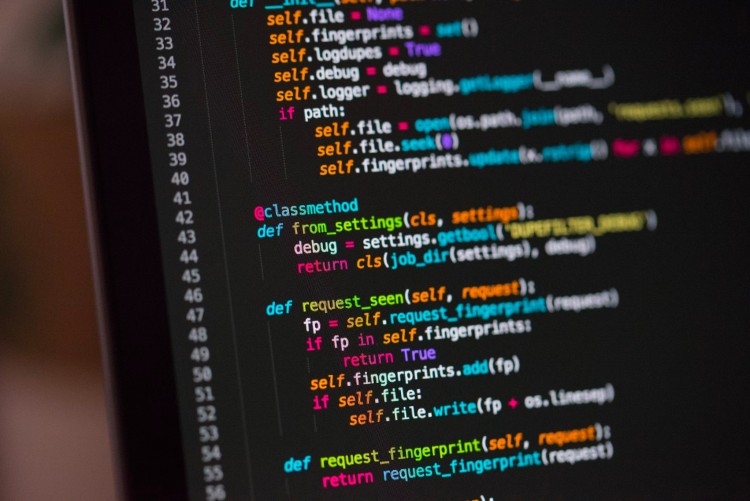Strategies for Optimizing Code to Write Faster and Cleaner Programs

For coders, optimization is not merely a technical endeavor; it's an art that shapes the efficiency, speed, and maintainability of our programs.
It’s easy to spot poorly-optimized code, especially if you’re an end-user dealing with slow websites or delayed game graphics. If there’s one thing that consumers have no patience with, it’s slow programming — which puts the pressure on coders to get things right every time.
In this article, we’ll be taking a look at the importance of super fast and clean code, as well as the strategies coders everywhere should be taking to make sure their work is always up to scratch.
Making Every Millisecond Count
Fast code is important in many industries, but you can really see the impact it has in gaming. Take casino games, where transactions and bets occur in the blink of an eye, demanding code that is not only functional but also lightning-fast. In this digital gambling environment, the performance of the underlying code is not merely a matter of convenience—it's a critical component defining the user experience. Now with the emergence of the Bitcoin casino genre, even more emphasis is on speed, and coders are able to create games where transactions can occur at the same fast speed as payments on the Blockchain platform – which normally happens in an instant, a very tough process for other banking methods to keep up with.
The swift execution of transactions, from placing bets to withdrawing funds, in any online casino game is contingent on the efficiency and optimization of the code. But, it’s not just these casino games that demand more from coders, the same applies to every game out there. Whether players are playing an adventure game, or just hanging out with friends on Fortnite, they don’t want to be delayed by lags or be patient while graphics load up.
In the coding realm, optimization involves finding the right balance between speed, resource efficiency, and readability. Coders aim to ensure that operations are executed as swiftly as possible.
Consider, for instance, the loading times of websites—averaging 2.5 seconds on desktops and 8.6 seconds on mobile devices. The speed of a website is influenced by factors like server response time, image loading speed, and back-end code. Simply by tidying up a few lines of code, you can significantly enhance the website's speed, ultimately encouraging users to stay on the page for a longer duration.
Making The Most of Memory Management
Optimizing code goes beyond computational efficiency, it also involves a conversation on memory management. In resource-intensive applications, such as those handling large datasets or complex calculations, how the program utilizes memory plays a crucial role in overall performance.
A common optimization strategy involves minimizing memory leaks – over time if your code is contributing to these memory leaks, you could greatly deplete the amount of available resources on the server. If you’re working with websites or long-running processes, if you don’t have enough memory to keep everything running smoothly, it can result in performance bottlenecks or system crashes.
Prioritizing efficient memory management enhances not only the stability of programs but also contributes to the overall responsiveness of the application. It's about achieving a delicate balance between functionality and resource conservation.
How to Make Code Readable but Also Optimized
Clean code isn't just about adhering to style guides or aesthetic preferences; it's a fundamental aspect of code optimization. Your code needs to be readable if you want to write cleaner programs.
Think of writing clean code like a well-written novel. A well-structured, elegantly written story is not just a joy to sit down and read, but it also makes it easy for the reader to follow along and understand what’s going on – everything is flowing seamlessly. It’s the same with clean code, you’re writing something that is not only easy for developers to understand, modify, and extend if needed, but it also works efficiently at the task you’ve intended it for.
Using some of the best programming tools is a good place to start in your journey to writing better code. Normally these platforms will offer some sort of guidance to ensure your output is as good as possible. You can also join various coding communities online that encourage developers to share their code, provide feedback, and work in groups to solve common coding problems.
Crafting Code That Works For The Future
As developers, we don't just write code; we sculpt digital experiences. Code optimization is the chisel that allows us to carve out not just functional software but elegant, efficient, and adaptable solutions.
Whether navigating time complexity, managing memory, writing clean code, or applying these strategies in practical development, the art of optimization ensures that our programs not only meet the demands of the present but remain resilient for future use.
Add new comment
- 146 views
